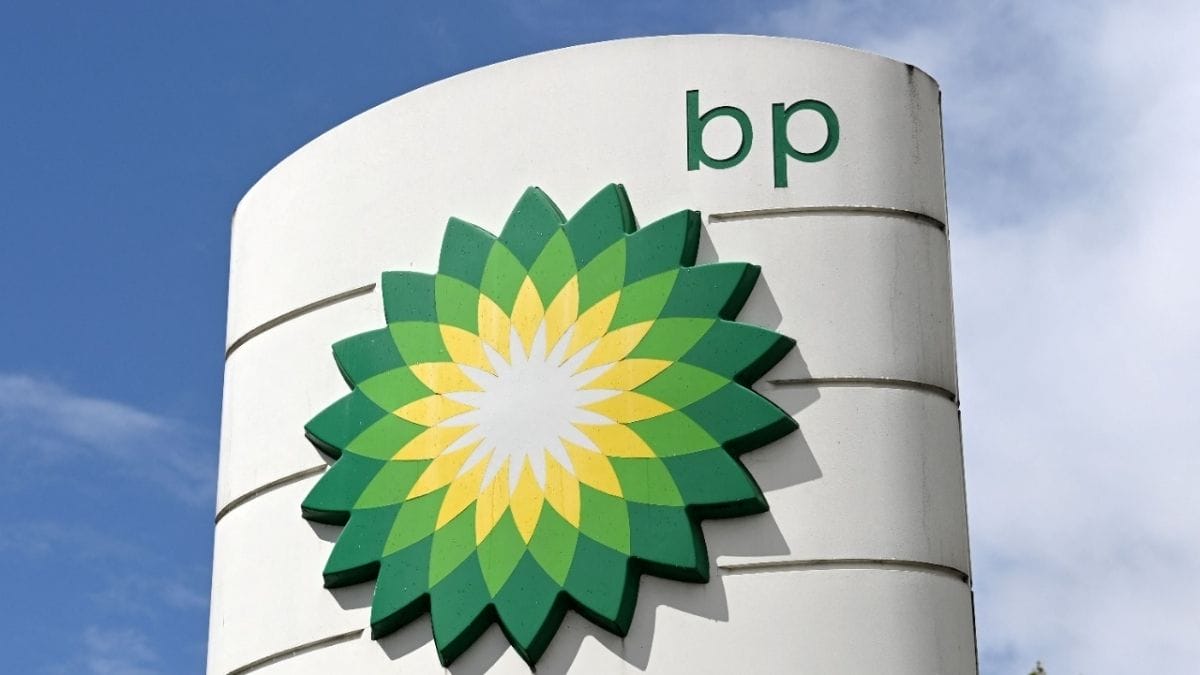Russia’s “aggressiveness” has led to yet another tragedy, with global energy security implications. BP has decided to take a political stand in the Ukraine crisis by selling an approximately 20% stake in Russia’s Rosneft. BP CEO Bernard Looney, as well as fellow Rosneft director Bob Dudley, has resigned from the Rosneft board of directors.
“If BP walks away with nothing, that’s a $25 billion non-cash loss,” says Javier Blas, a Bloomberg oil and commodities columnist. Pressure to leave Russia may now be exerted on other energy behemoths as well. Total is a major stakeholder in Russian gas company Novatek, while Vitol and Trafigura have invested billions of dollars in Rosneft’s initiative.
The uncertainty created by this has caused considerable concern in the energy market. Brent crude prices have risen once further, approaching previous highs. If additional Western energy investors in Russian oil decide to follow BP’s lead, the action may possibly unleash Pandora’s box. ExxonMobil and Shell are also shareholders in Russian oil properties. The damage has already begun: Equinor, the Norwegian oil firm, has declared that it will sell its $1 billion interest in Russian joint ventures.
For nearly a decade, BP has had an interest in Rosneft. According to media sources, UK Business Secretary Kwasi Kwarteng met with BP over “overexposure to Russian interests.” Kwarteng stated shortly after the announcement: “I welcome BP’s decision to exit its shareholding in Rosneft oil company. Russia’s unprovoked invasion of Ukraine must be a wake-up call for British businesses with commercial interests in Putin’s Russia.” Last year, BP admitted that any sanctions imposed on Russia might have a negative impact on its operations. The key issue is who may come forward and try to buy the portion being sold, and at what cost. Rosneft is Russia’s largest publicly traded oil business.
Ed Miliband, a Labour MP, has stepped his efforts for more energy companies to cut ties with Russia. “Shell should now follow BP and divest their Russian holdings to isolate the Putin regime,” he added. It owns 27.5 percent of Gazprom’s offshore gas project.


